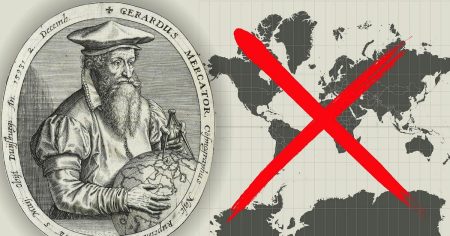The camaraderie is palpable as Grayson Niessen enjoys an after-work beer with friends and colleagues in Williston, North Dakota, a town bustling with workers drawn to the booming US petroleum industry. Niessen, a Canadian, feels the sting of the newly imposed US tariffs on Canadian goods, a stark contrast to the geographical proximity of his home country, a mere ten miles north of Williston. The tariffs, a cornerstone of Trump’s trade war, have created a widening rift between the two traditionally amicable nations, leaving Canadians like Niessen feeling betrayed. He describes the tariffs as a ”stab in the back,” highlighting the historically close relationship between the US and Canada. The economic implications are also a concern for Niessen, who works as a heavy equipment operator. He explains that Canada, rich in natural resources, traditionally exports raw materials to the US and then re-imports finished products. The tariffs disrupt this long-standing trade relationship, driving up prices and causing widespread consternation.
Niessen’s sentiments echo throughout Canada, particularly in his home province of Alberta, a traditionally conservative stronghold. Even Alberta’s Premier, Danielle Smith, a known ally of Donald Trump, has expressed disappointment with the tariffs, pledging to collaborate with the federal government in Ottawa to formulate a response. This sentiment transcends party lines, with Conservative Party leader Pierre Poilievre denouncing the trade war as unjust and unwarranted, advocating for a ”Canada First” approach. This political climate presents a dilemma for Canadian conservatives who support Trump but oppose his policies targeting Canada. Niessen, for example, while critical of both Canadian Prime Minister Justin Trudeau and former US President Joe Biden, views Trump as a successful businessman effectively running the US like a company, a model he believes Canada needs. He contrasts this with Trudeau, whom he dismisses as a career politician riding on his father’s legacy. This perspective aligns with the predominantly conservative political landscape of North Dakota, where two-thirds of voters supported Trump in the last presidential election.
Despite the prevailing conservative sentiment in Williston, the support for Trump’s trade war is lukewarm at best. Many, like David Brostuen, a local musician and hospital worker, express indifference to the issue. Others, like Kathy Little, a member of the Democratic minority, outright condemn the trade war, predicting further price increases. Beyond the economic ramifications, Trump’s playful suggestion of annexing Canada as the 51st state has further ruffled feathers north of the border. While some find the idea offensive, Niessen entertains the notion, pointing to Canada’s uncertain position within the British Commonwealth following Queen Elizabeth II’s death. He describes Canada as a ”lost foster child,” suggesting a potential shift in national identity.
Niessen anticipates a resolution to the trade dispute following the upcoming Canadian parliamentary elections, scheduled for October. With Trudeau’s announced departure from politics, Niessen predicts a Conservative majority government, which he believes will lead to the removal of tariffs and a restoration of amicable relations with the US. He interprets Trump’s actions as primarily directed against Trudeau personally, rather than a genuine attack on Canada.
The situation highlights the complex interplay of political and economic factors shaping the relationship between the US and Canada. While historical ties and geographical proximity suggest a natural alliance, the current trade war underscores the potential for discord, even between close allies. The differing political landscapes and economic priorities create tensions that spill over into personal relationships and community dynamics, as evidenced by the conversations in a Williston bar. The uncertainty surrounding the future of US-Canada relations reflects the broader global anxieties about trade and international cooperation in an increasingly volatile world.
The ongoing trade dispute has created a sense of unease and uncertainty, not only within the political and economic spheres but also within the personal lives of individuals living and working near the border. Canadians working in the US, like Niessen, find themselves navigating a complex landscape where political allegiances and economic realities collide. The tariffs, while intended to protect American interests, have inadvertently strained relationships and created divisions within communities that have historically enjoyed close ties. The future of the US-Canada relationship remains uncertain, with the upcoming Canadian elections holding the potential to either exacerbate or alleviate the existing tensions. The outcome of these elections, and the subsequent policy decisions made by the new government, will significantly impact the lives of individuals like Niessen, who find themselves caught in the crossfire of a trade war between two nations that have long considered themselves friends.














